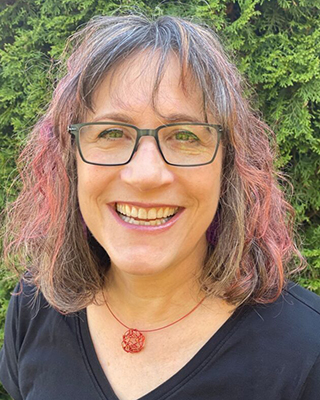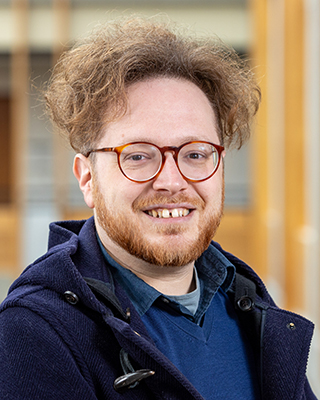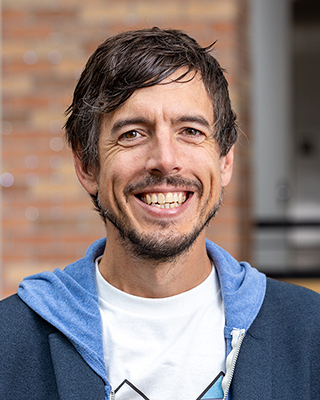Advances in low- and no-power sensing, communication and interaction technologies offer new possibilities for blending digital innovation with our physical environment.
From gesture recognition that allows people to interact with objects in new ways, to low-power sensors that collect and transmit data about temperature, air quality, urban accessibility and more, our researchers are tapping into the potential of computation to transform how we experience the world around us.
Research Groups & Labs
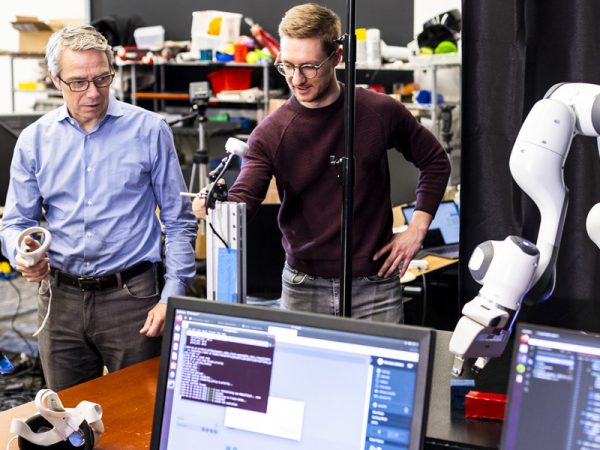
Robotics and State Estimation Lab
We are interested in the development of computing systems that interact with the physical world in an intelligent way. To investigate such systems, we focus on problems in robotics and activity recognition.
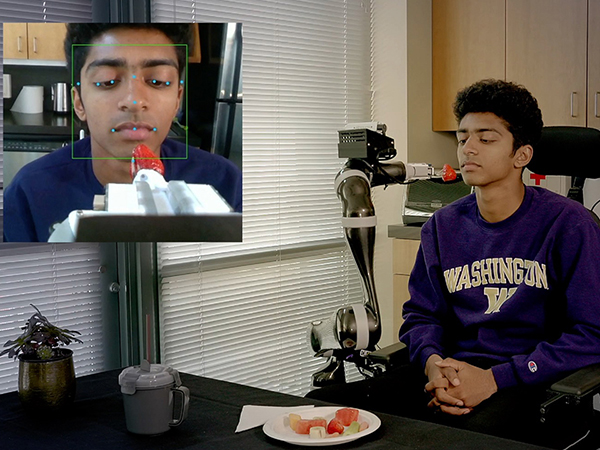
Personal Robotics Lab
Our mission is to develop the fundamental building blocks of perception, manipulation, learning, and human-robot interaction to enable robots to perform complex physical manipulation tasks under clutter and uncertainty with and around people.
Faculty Members
Centers & Initiatives
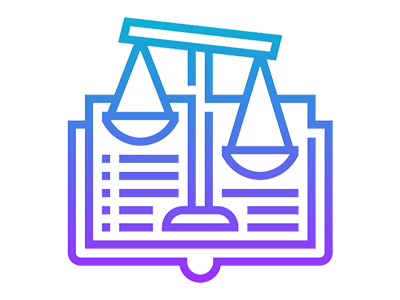
Transportation Data Equity Initiative (TDEI)
The Transportation Data Equity Initiative (TDEI) aims to enhance the quality and accessibility of travel services by building open source data collection and vetting tools, transportation data digital infrastructure, and governance frameworks that enable public-private data sharing and interoperability. The TDEI is a project sponsored by The Complete Trip, an ITS4US Deployment Program.
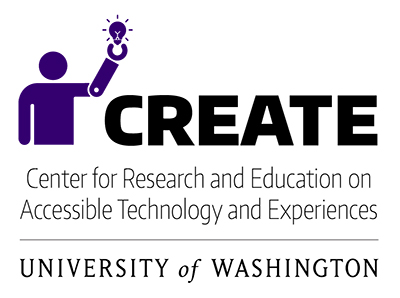
Center for Research and Education on Accessible Technology and Experiences (CREATE)
The mission of the UW Center for Research and Education on Accessible Technology and Experiences (CREATE) is to make technology accessible and the world accessible through technology. By bringing together researchers from across the campus, CREATE harnesses the diverse expertise necessary to realize a more just and equitable technological future, one that overcomes existing barriers and ensures new ones do not arise.
Highlights
Allen School News
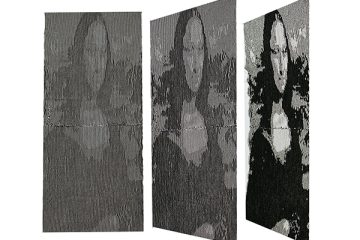
A team of Allen School researchers introduced computational illusion knitting — a design framework that helps automate the process, making illusion knitting more accessible and allowing for more complex and multi-view patterns like hidden Mona Lisas that were previously believed to be impossible.
UW News
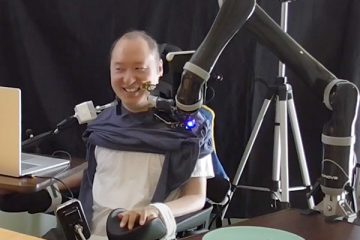
Researchers in the Allen School’s Personal Robotics Lab invited people with motor impairments to help them test the Assistive Dexterous Arm in real-world scenarios — including community researcher Jonathan Ko, who spent five days with ADA in his home.
GeekWire
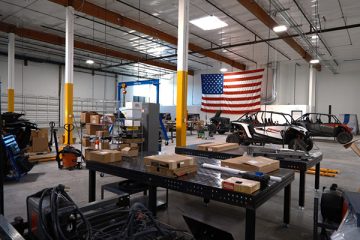
The company, which is led by Allen School robotics professor Byron Boots, opened the 22,000 square-foot facility to produce its autonomous ground vehicles capable of navigating off-road terrain in challenging environments.

